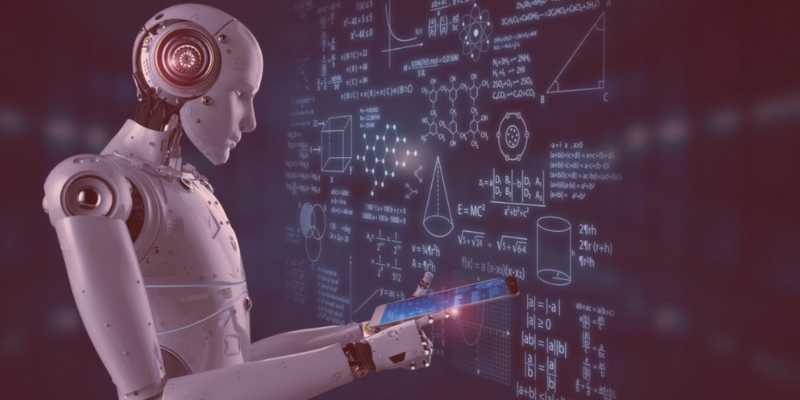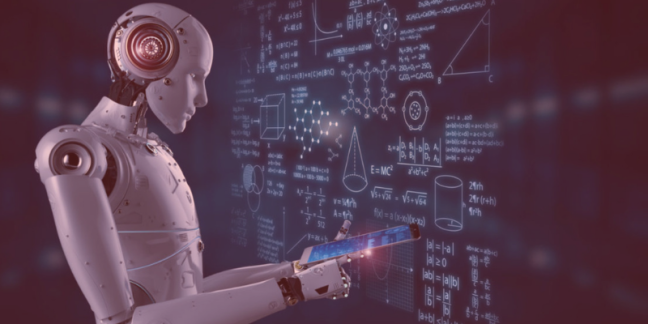
Intelligence works on the concept of training a machine to get desired outputs. When a particular intelligence of making decisions or performing certain tasks is imparted to a machine, it is said to become artificially intelligent. Companies around the world are leveraging the technology in multitudes of verticals and business operations, as the technology knows no bounds. With AI, there is an immense potential to transform and revolutionize almost every facet of a business.
In the area of software testing, artificial intelligence is imparting automation to testing processes, thus improving the efficiency of software testing methods and reducing the time to test an application, while also ensuring better tests and top-notch quality. With Machine Learning, a subset of Artificial Intelligence, companies are training machines to learn and adapt to the training environment, and then work to understand the patterns and respond effectively to further queries of the same kind.
A Machine Learning algorithm develops through the training cycle and then yields in its operational phase. When it comes to software testing services, companies have realized that faster software turnaround time can be made possible not only by improving development efficiency but also by reducing the immense time required to test an application.
Bugs and Beyond – Software Testing with AI and ML
With software testing using ML and AI, companies are not just focusing on finding bugs, but wish to move a step ahead with fixing them too. For a long, companies perceive that the goal of software testing is to see to it that a software product works just as it was supposed to.
Some researchers disagreed, and now they are trying to use a combination of natural language processing and statistical analysis of open-source code available online, which automates software testing tools not only to detect bugs in software applications but also to fix bugs. With Microsoft Research, Peking University and the University of Electronic Science and Technology of China, the focus here is not to make software testing a routine job that even a person who doesn’t know software development can do.
With this aim in mind, AI and ML and their subset technologies such as NLP are being leveraged to create software testing processes that will lead to better outcomes and faster results. It is important to note that companies, both start-ups, and large corporations are moving towards better ways to test their products in a bid to save significantly on cost and time.
Predictive QA with AI and ML
Companies that are serious about transforming their software development processes are using advanced testing methods to assess their products. Defect management and test automation are leveraged to create better testing models that predict failures and loopholes within the system while development continues.
With this predictive testing method, a lot of time and effort is saved as the developer becomes aware of the defect before proceeding with the testing phase. Companies are testing not only their final products but their entire product development lifecycle to find white spaces in the process and replace any delayed tasks with great ease and efficiency. Machines have started learning a lot. As we feed data to the machines, they can map patterns and gain insights on the purpose of the software program, thereby getting empowered to do the same when a new set of values are fed as input.
Companies such as Facebook, Amazon, and Netflix employ ML algorithms to display personalized content and recommendations to each buyer or viewer, resulting in higher use of their platforms and exceptional customer services.
According to a study, about 60 percent of software testing is repetitive, and AI-enabled tools are in a better position to analyze these tests faster and with improved efficiency.

